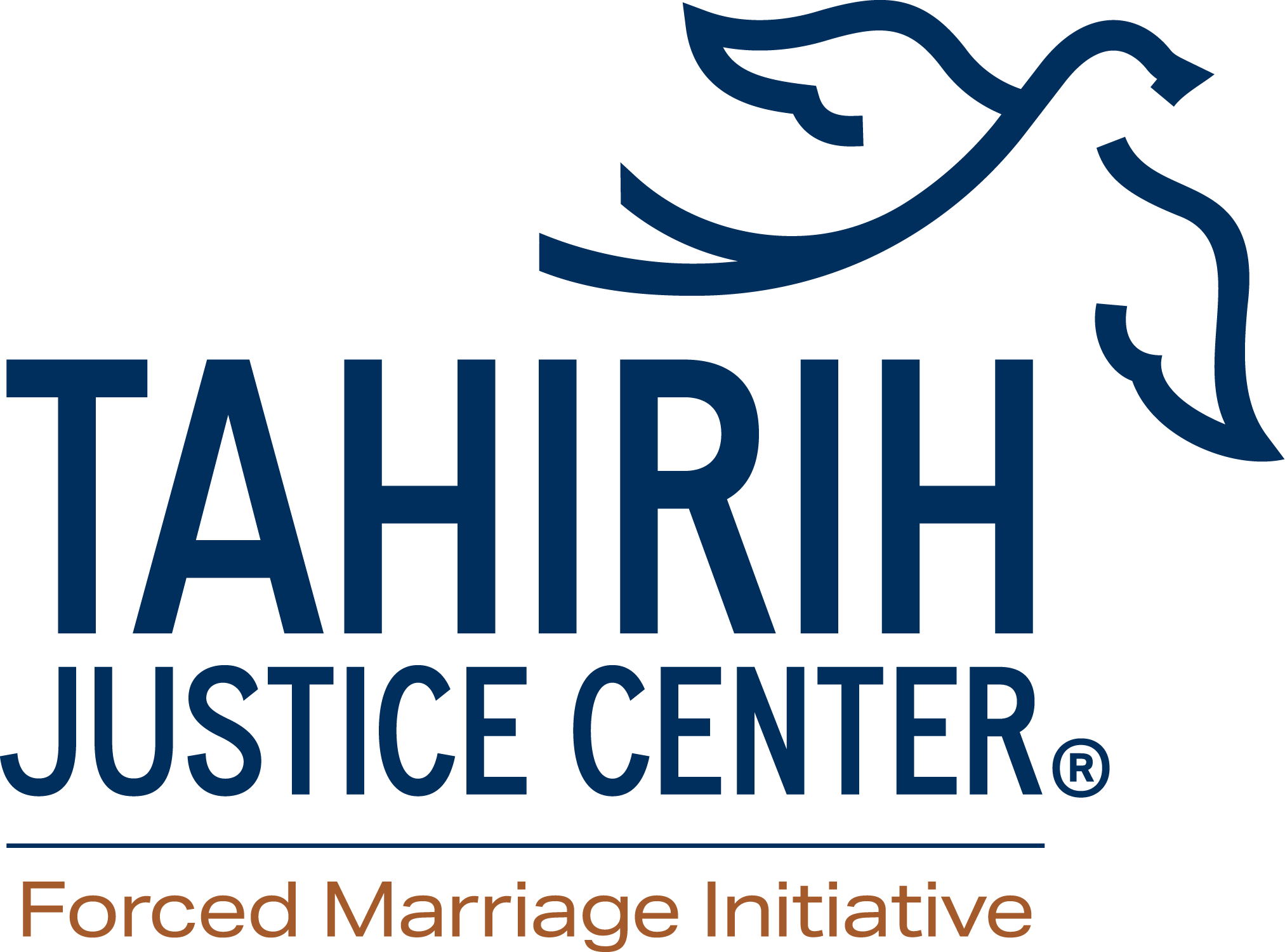Forced Marriage Overseas: Ireland
Overview
Individuals from the United States can likely access a network of protections when trying to avoid and/or escape forced marriages in Ireland. Individuals at risk have resources and supports available including strong protections under the law and an established NGO community advocating for survivors of domestic violence and child abuse.
For further information and guidance for individuals from the U.S. that are facing or fleeing a forced marriage in Ireland, please contact the Forced Marriage Initiative.
Marriage in Ireland
The main legislation regulating marriage in Ireland are the Family Law Act and the Civil Registration Act. In Ireland, age 18 is the minimum age of consent for marriage and any person under age 18 must seek an exemption from the Circuit Family Court or the High Court before they can enter into a marriage. The Circuit Family Court will refuse to grant such exemption unless it is justified by serious reasons and it is in the interests of the parties to the proposed marriage. Parental consent is not considered when an exemption to the minimum marriage age law is requested.1
A new forced marriage measure, passed in 2016 and to be enacted no later than the end of 2017, will outlaw forced marriage and end loopholes allowing minor children (typically girls) to be married in Ireland. The Department of Justice has confirmed that the proposed legislation will make it an offense to force a person to marry when they do not consent and also criminalize marriage where consent is given under emotional, physical, sexual or financial duress and situations where an adult or a child is removed, or lured, from Ireland to a foreign country with the purpose of forcing them to enter into a marriage.2
Divorce is available in Ireland and either spouse may initiate divorce proceedings.3
Potential Risks and Protections in Country
Individuals facing forced marriage situations can access a wide variety of protections and supports in Ireland. The Domestic Violence Act provides a National Strategy on Domestic, Sexual and Gender-based Violence and includes the development of a strong framework for sustainable intervention to prevent and effectively respond to domestic, sexual and gender-based violence. Under the Domestic Violence Act, family members and other interested parties may bring an application to court for a protection order which can provide a variety of safeguards, including prohibiting a perpetrator from watching or being near the applicant’s home, committing further violence, threats of violence, or molestation.4
The new forced marriage legislation will outlaw forced marriage and end loopholes allowing child brides to be married. In addition, other criminal laws may also be utilized to address the issue of forced marriage, including false imprisonment and coercion which are punishable by prison time and payment of fines.5
While there exists a robust NGO sector dedicated to serving survivors of domestic violence, severe funding cuts have strained their capacity and better legal protection is needed to facilitate access to justice and safety for women.6
Special Challenges in Returning to the United States
There are no laws that prevent a woman from leaving Ireland on her own.
In general, minors cannot travel outside the country unaccompanied until they are age 16 and must be accompanied by someone age 16 or over. All minors traveling alone, or with adults who are not their legal guardian or with only one parent, may need an extra (official) document signed by their parents, second parent or legal guardian(s) authorizing them to travel.
Individuals should always check the exit requirements for Ireland for the most up- to-date travel information.
Assistance for Individuals from the United States
- The Tahirih Justice Center Forced Marriage Initiative
We are available to help individuals from the United States who are facing or fleeing forced marriage in Ireland, including providing phone, text, and email support, connecting with the U.S. government and local resources, and coordinating shelter and services back in the United States. - The U.S. State Department
The State Department is available to assist U.S. citizens that are victims of forced marriage with replacement of travel documents and return travel to the United States. For updated information and travel alerts, please visit the department’s webpage on international travel in Ireland. - U.S. Embassy General in Dublin
Contact the Embassy in the case of an emergency.
Tel: 01-668-8777 or +353 (0)1 668-8777
Email: ACSDublin@state.gov
REFERENCES
1General Registration Office, Getting Married, Dep’t. of Social Protection, available at https://www.welfare.ie/en/Pages/Getting_Married.aspx#
2 Darragh Peter Murphy, “The Government is finally going to outlaw forced marriages (but no one knows exactly how many take place in Ireland),” The Journal (October 9, 2016) available at https://www.thejournal.ie/forced-marriages-3011469-Oct2016/
3 Family Law (Divorce) Act of 1996, §38
4 Family Law Ireland, Barring Orders, Safety Orders, Protection Orders – Domestic Violence Remedies, available at https://familylawirelandhq.com/tag/domestic-violence-act-1996/
5 Criminal Justice Act 2007, No. 29 of 2007, Part 3; Non-Fatal Offences Against the Person Act 1997, No. 26 of 1997, § 15
6 Margaret Martin, “Ireland fails to protect human rights of women affected by domestic violence,” The Irish Times (Jun 23, 2015) available at https://www.irishtimes.com/opinion/ireland-fails-to-protect-human-rights-of-women-affected-by-domestic-violence-1.2260281



